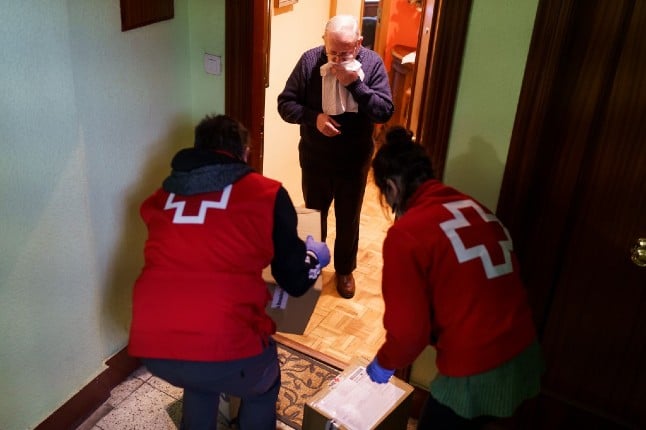The massive International Tracing Service (ITS) archive created in 1943 to provide answers for millions of families seeking relatives lost during the war would as of January 1st be managed by Germany, the International Committee of the Red Cross said on Thursday.
The agency said it had decided to let go of the archive because the ITS mission had extended beyond purely humanitarian work.
The archives "reflect human beings and the unthinkable suffering of so many millions during the Second World War and beyond," ICRC chief Peter Maurer said.
The ITS archive houses over 50 million card files relating to more than 17.5 million civilians persecuted by the Nazis, ICRC said, pointing out that it covered civilians detained in Nazi concentration or labour camps and others forced to flee their homes because of the war.
Despite the handover of the archive, which has been in Red Cross hands for more than half a century, the organization said it would continue to support the database and its new administrator the German Federal Archive.
"The ICRC will continue to provide its technical expertise, helping the ITS serve the victims of Nazi persecution and their families," the agency said.
The Red Cross is handing over management of the ITS "but were not leaving it," Maurer said.
The Red Cross's central tracing agency in Geneva and other national Red Cross and Red Crescent societies around the world would provide back-up support to the German authorities, he said.


 Please whitelist us to continue reading.
Please whitelist us to continue reading.
Member comments